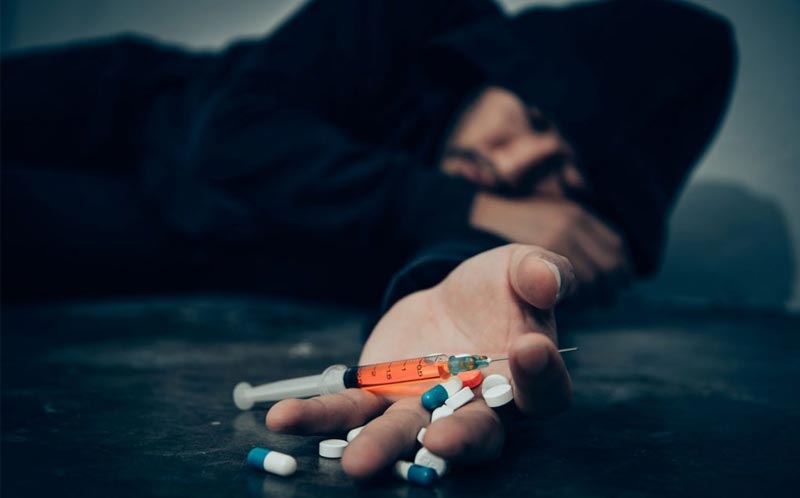Deaddiction represents a journey, often riddled with challenges, that leads to liberation from harmful substances or behaviors. In the digital age, deaddiction isn’t limited to just substances like alcohol or drugs but extends to behavioral addictions. This article dives deep into the various facets of deaddiction, from understanding its root causes to strategies that can aid in overcoming these compulsions.
Recognizing Modern Age Addictions: The Rise of Digital Dependencies
Traditionally, when we spoke of addiction, substances such as alcohol, nicotine, or drugs came to mind. However, the 21st century brought with it a new set of challenges. The rise of the internet has spawned behavioral addictions, with online casinos being a prime example.
It starts subtly: a game here, a bet there. But for many, this harmless entertainment can escalate, leading to significant financial and personal challenges. The dopamine rush from winning a game or making a successful bet can be as potent as any drug, leading individuals down a spiral of constant gaming and betting, seeking the next “high”.
Underlying Causes: Why Do We Get Addicted?
At the core of every addiction, be it substance or behavioral, lie a combination of psychological, genetic, and environmental factors. Some individuals are genetically predisposed to develop addictive tendencies. For others, life events, trauma, or even societal pressures can lead to seeking solace in substances or behaviors.
Addictions often arise as coping mechanisms. For instance, someone going through a tough phase might resort to alcohol, drugs, or even online gaming, seeking an escape from their problems. Over time, this occasional escape can develop into a regular habit, leading to physical and psychological dependency.
The Physical and Mental Toll of Addiction
Addiction doesn’t just affect one’s mental well-being; it has a profound physical impact as well. Substance addictions can lead to a plethora of health issues, ranging from liver damage in alcoholics to respiratory problems in smokers. Behavioral addictions, while not directly causing physical harm, can lead to issues arising from a sedentary lifestyle or lack of sleep.
Beyond the physical, the mental implications are staggering. Addictions can lead to depression, anxiety, and severe mood swings. Relationships suffer, job performances dip, and in extreme cases, individuals may face complete social alienation.
Strategies to Overcome Addiction: Beyond Traditional Therapies
While counseling and therapy form the backbone of any deaddiction program, modern challenges require innovative solutions. For instance, individuals addicted to best online aus pokies might benefit from digital detox programs or software that limits their access to such sites.
Furthermore, support groups, both offline and online, have proven invaluable in the recovery journey. Hearing others’ stories, sharing personal experiences, and realizing that one isn’t alone can be therapeutic. Additionally, integrating mindfulness practices and regular physical activity can also help divert the mind and provide healthier alternatives to combat addictive urges.
The Role of Family and Friends in the Deaddiction Process
The journey of deaddiction is never a solitary one. While the individual faces the brunt of the struggle, the role of family and friends is irreplaceable. They not only provide emotional support but also ensure the individual stays on track, especially during moments of weakness.
Regular interventions, creating a supportive environment, and ensuring the individual has access to the necessary resources are some ways they can help. Moreover, being patient, non-judgmental, and understanding the nature of addiction can make the recovery process smoother and more sustainable.
Conclusion
Deaddiction, while challenging, promises a new lease on life. By understanding the root causes, acknowledging the implications, and employing both traditional and modern strategies, one can overcome these shackles. With the unwavering support of loved ones and a determined mindset, achieving a balanced and addiction-free life is an attainable reality.




